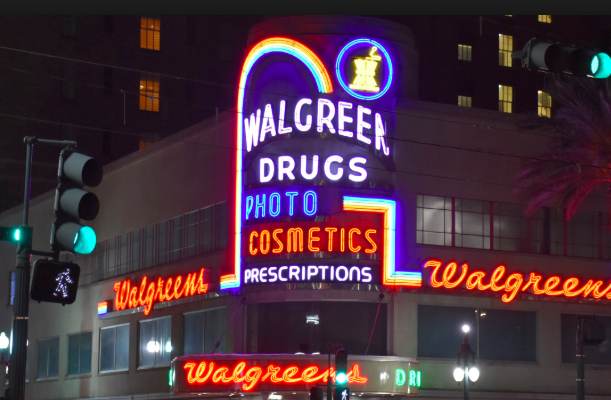CBD, or cannabidiol, is somehow everywhere. You can now find it in patches and creams at Walgreens or CVS. You can get it in coffee and even doughnuts, at least in Portland, Oregon. So, that means CBD is completely legal, right, at least if it is derived from hemp, right? No, not exactly.
As discussed in earlier newsletters, CBD’s legality depends on numerous factors.
Why Is Walgreens and CVS Carrying CBD Products
Walgreens and CVS are carrying what they call hemp-derived CBD products. If you look at the products, you will notice that these products tend to be topicals, such as creams, sprays, roll-ons, salves, and lotions. The reason for this, and what likely makes Walgreens and CVS comfortable in stocking the products, is that these products are not ingested, or eaten or swallowed.
Recently, the Food and Drug Administration has reaffirmed its long-standing position that CBD products intended for human consumption are illegal unless part of an approved pharmaceutical, such as Epidiolex:
[I]t’s unlawful under the [Food, Drug and Cosmetic Act] to introduce food containing added CBD or THC into interstate commerce, or to market CBD or THC products as, or in, dietary supplements, regardless of whether the substances are hemp-derived. This is because both CBD and THC are active ingredients in FDA-approved drugs and were the subject of substantial clinical investigations before they were marketed as foods or dietary supplements. Under the FD&C Act, it’s illegal to introduce drug ingredients like these into the food supply or to market them as dietary supplements.
Following the announcement by CVS and Walgreens, departing FDA chief Scott Gottlieb tweeted he was “disappointed.” He said the FDA would remind the pharmacy chains that they need to be careful about claiming CBD products claim to treat a disease or offer a different therapeutic benefit.
Is the FDA Going to Regulate CBD? Maybe at Some Point.
On April 2, 2019, the FDA announced it would hold hearings to discuss possibly regulating more CBD and other cannabis-derived products. At the same time, the FDA issued warning letters to several companies that are making unproven and specific health and wellness claims. These included that CBD stopped cancer cells, slowed Alzheimer’s dementia, treated fibromyalgia, and helped people with addiction withdrawal. Gottlieb termed these claims, “egregious, over-the-line” and intolerable, saying that such claims put consumer safety at risk.
CBD – Probably Not Legal In Your Coffee or Your Doughnuts
As discussed above, the FDA considers CBD derived from hemp illegal under federal law when added to food or in dietary supplements. That has not changed, regardless of what your barista, bartender, doughnut maker, or herbalist tells you or offers you. As for California, we remain in no-man’s land on CBD derived from hemp. California has not yet launched its commercial hemp cultivation programs, and the California Department of Public Health maintains the same position as the FDA, namely that CBD meant for human consumption is a drug, and thus, not allowed yet for human consumption. As part of this position, California cannabis licensees cannot yet process, cultivate, or sell CBD-derived from hemp products.
Disclaimer: This article has been prepared and published for informational purposes only and is not offered, nor should be construed, as legal advice.

